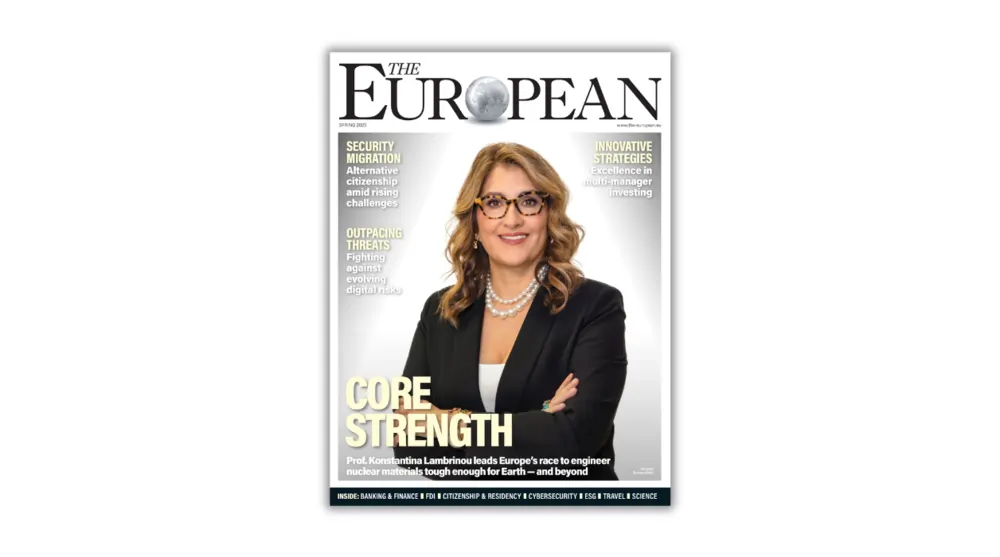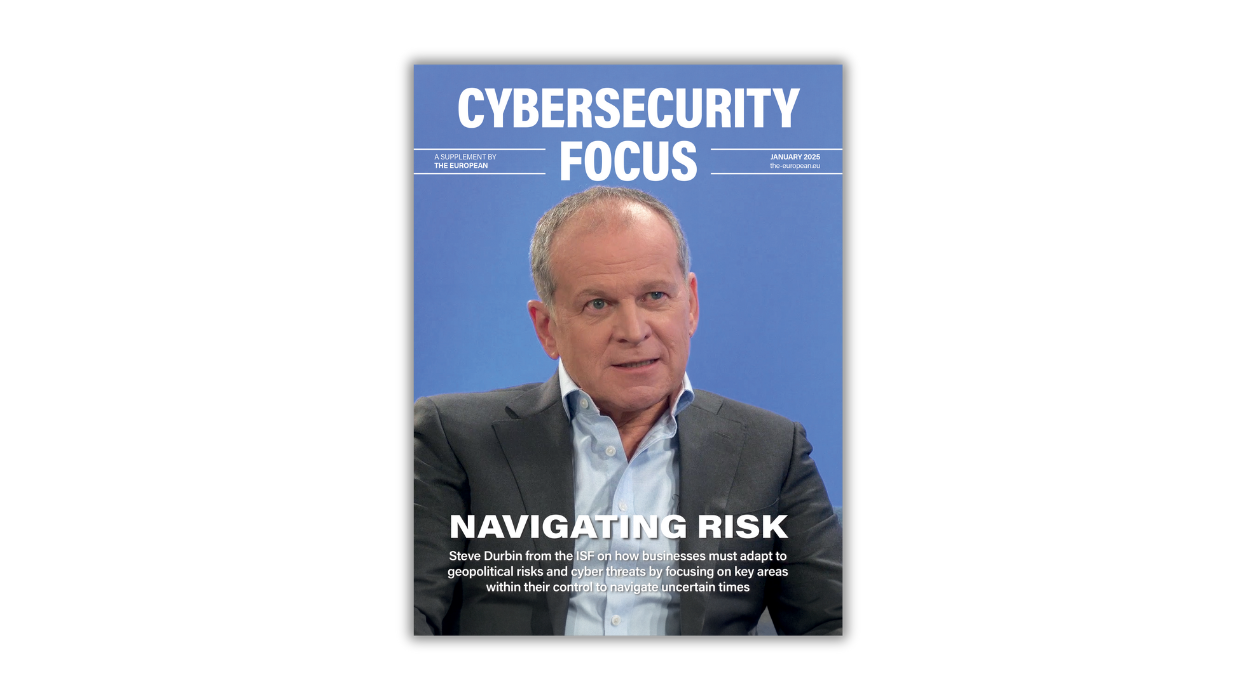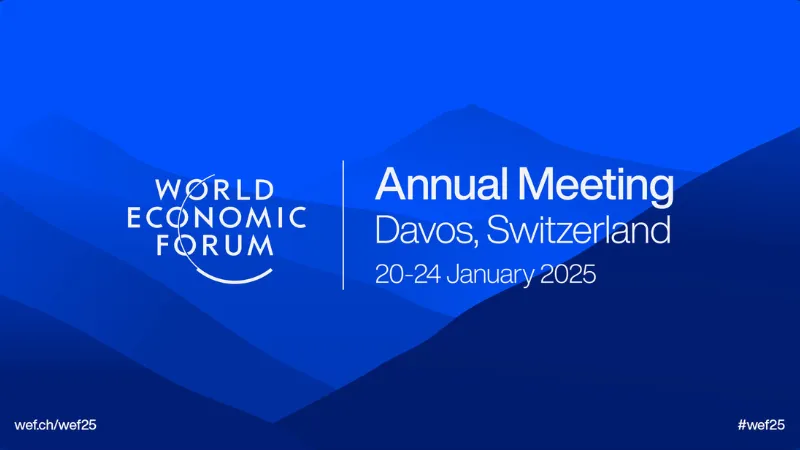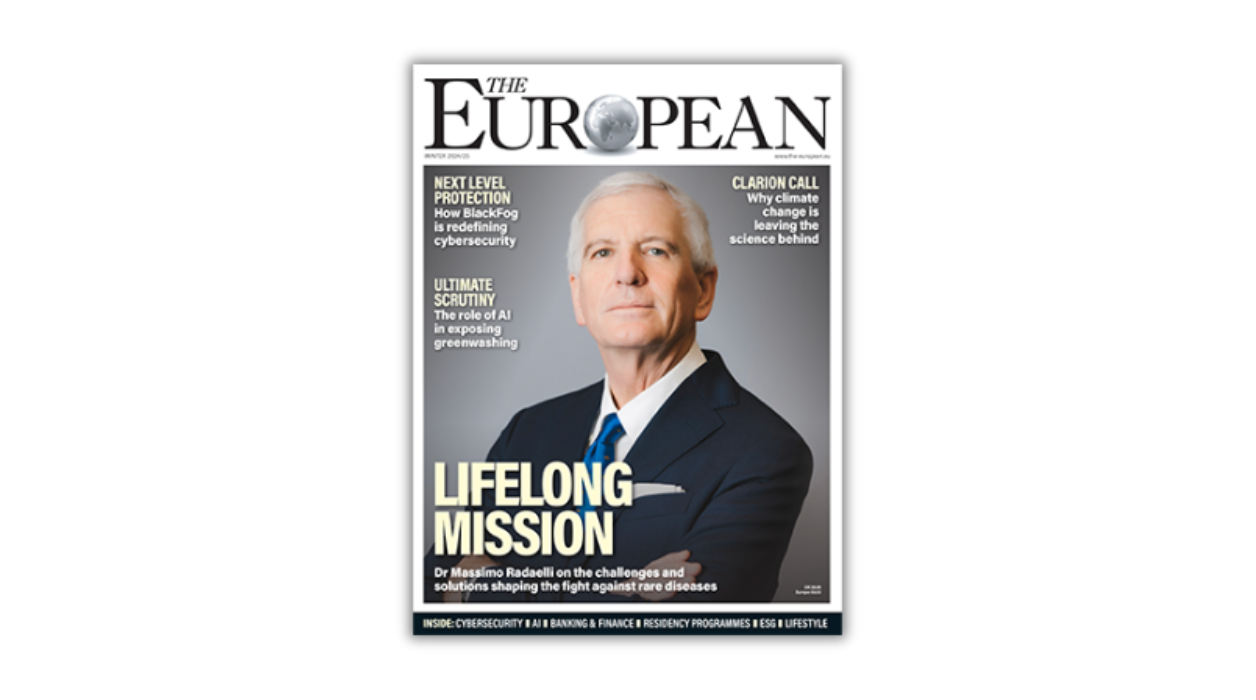Making hybrid work

John E. Kaye
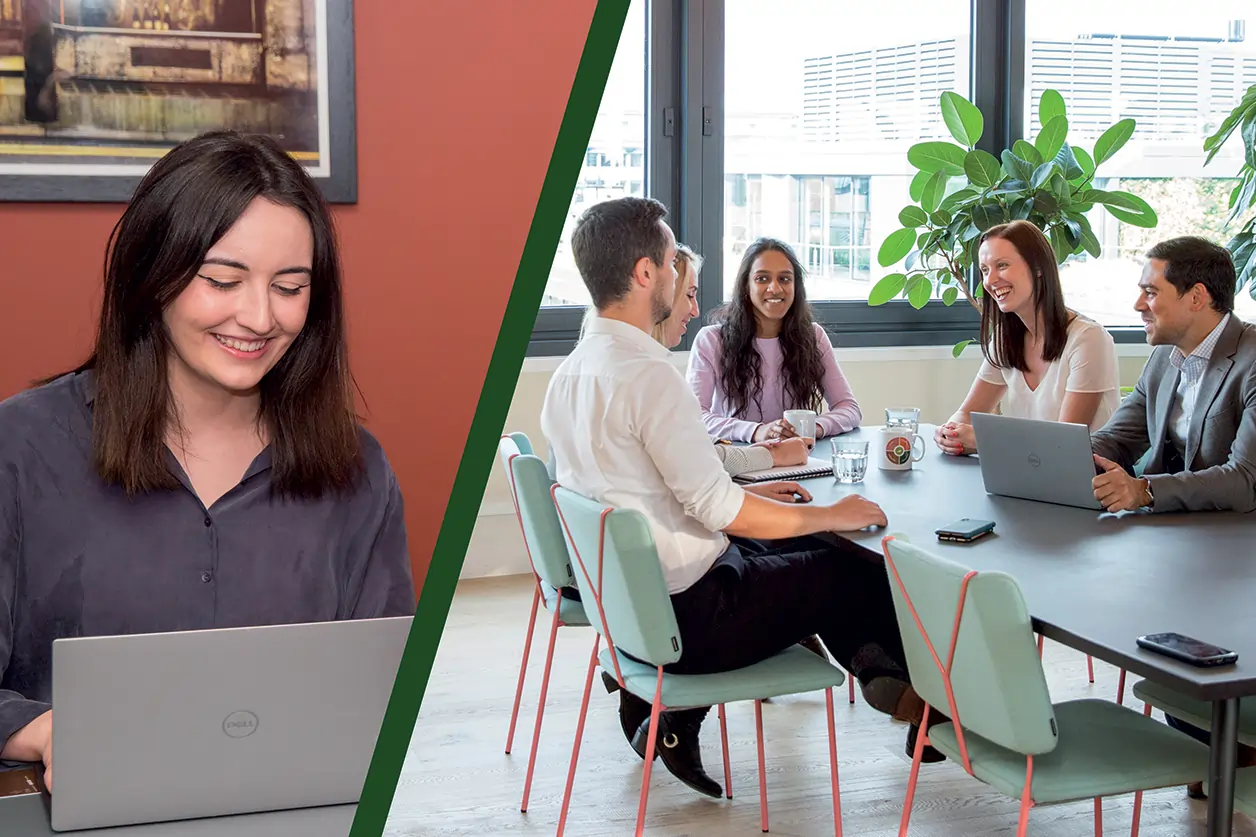
Hybrid working is not only here to stay, but it will become increasingly critical for business success, argue Jamie Mason and Peter Wood of Oaklin
Professional workers, used to the freedoms that pandemic-induced remote working created, are challenging their employers to embed hybrid working or face an exodus of talent. With many millions working from home for the first time, productivity did not collapse as feared when Covid took hold, and in many instances, it actually increased. The debate continues as to whether this change of working behaviours is merely temporary or here to stay.
In reality, the pandemic served to accelerate the advance of more flexible working which was a preexisting trend of the digital revolution, stemming from the rise of personal computing and the internet. It was already increasingly common in many companies long before 2020 for staff to work from home. In 2019, the International Workplace Group surveyed over 15,000 people across 80 countries, concluding that 62% of firms already had a flexible working policy in place allowing staff to work remotely at least some of the time.
Seen in this context, the continued acceleration of hybrid working is inevitable. As firms increasingly fight for talent in what has been termed “the great resignation”, a credible hybrid offering is critical to both attracting and retaining talent. Research from the National Bureau of Economic Research (NBER) indicates that employees place the value of working from home as equivalent to a 4% to 8% wage increase. In parallel, other studies have noted people have missed certain benefits from the office, but there is still limited appetite to travel in every day.
Employers are now challenged with how to attract and retain talent, whilst maximising business productivity and revenue. Businesses must therefore look to identify how to make hybrid work, balancing the benefits of both remote and office working. Oaklin recommends a two-pronged approach to optimising the difficult choices:
- The location hybrid – how do you enable people in your business to be effective and efficient wherever they are?
- The intelligence hybrid – how do you enable people and machines in your business to collaborate effectively and efficiently in an integrated operation?
To address the location hybrid, the importance of where a professional worker performs their duties is largely dependent on the type of work they are doing. Repetitive, independent tasks such as report-writing or coding are often best performed in isolation to allow full focus. Software engineers working at trip.com on average wrote 8% more lines of code when working from home, based on the NBER study. In contrast, activities based on relationships or requiring collaboration, such as planning workshops or team building, are more difficult to achieve remotely. Building relationships is vital for those early in their careers and growing evidence indicates the youngest workers particularly value the office for networking and mentoring.
Therefore, firms must tailor their location hybrid strategy to the type of work performed. The more relationship-based an activity is, the higher the likelihood of face-to-face interaction being optimal. The more task-based an activity, the more it is suited to working without interruption from others, making remote working preferable. While new virtual reality technologies, built around the concept of a metaverse, are already extending the ability for humans to interact more effectively remotely, they are unlikely to ever fully replace the need for in-person collaboration for some activities.
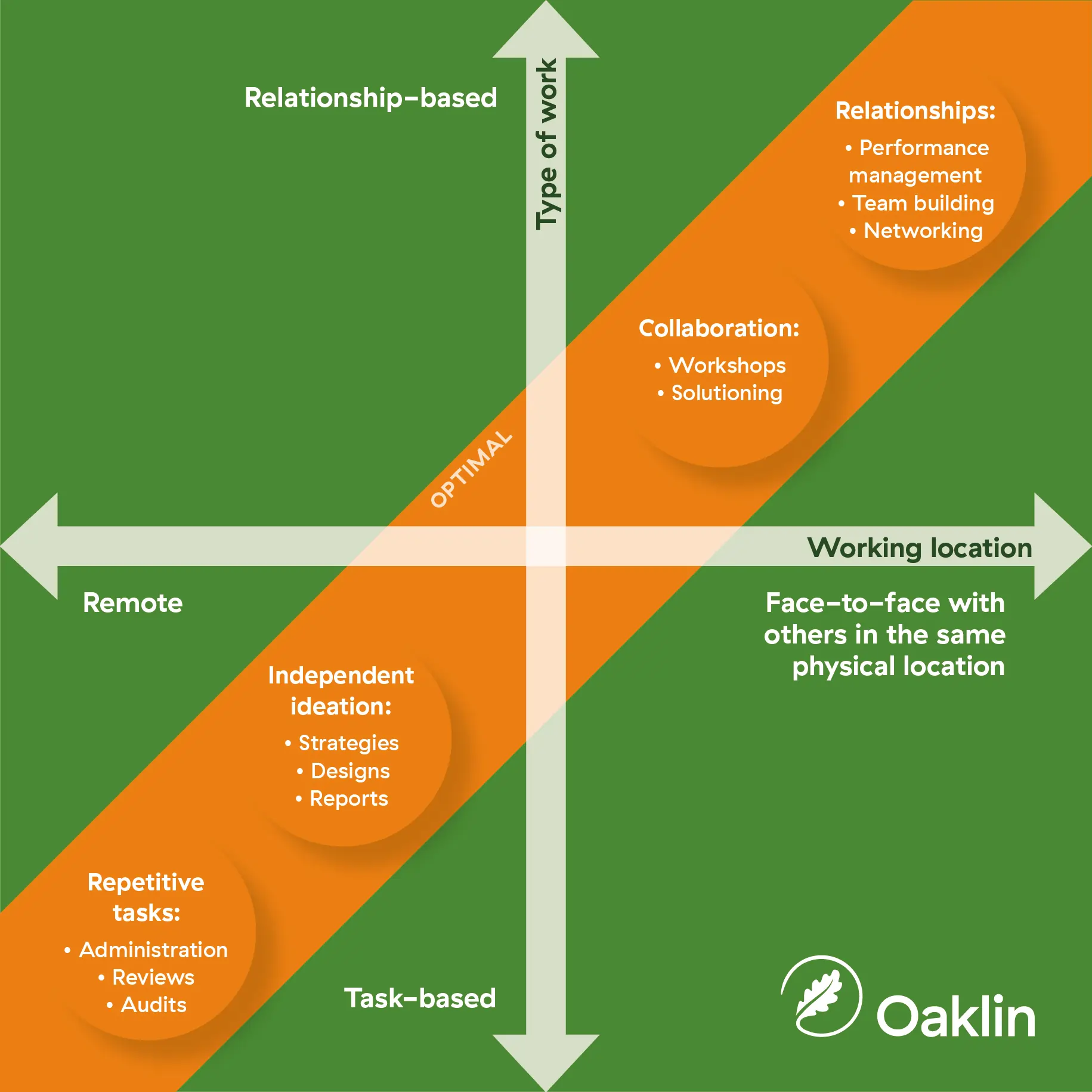
Oaklin encourages employers to build a culture where professional workers understand the link between the type of work and where it is best performed, and are empowered to make their own choices. Access to integrated information is critical to enable the location hybrid, allowing workers to seamlessly switch from face-to-face to remote working. The adoption of digital productivity platforms, including Microsoft 365 and Google Workspace, provide effective foundations and have increasingly sophisticated capabilities that can be exploited to improve productivity.
An effective location hybrid therefore results in more data being moved into the digital domain than ever before. This can be leveraged to accelerate the adoption of the second component of hybrid working, the intelligence hybrid – the effective collaboration between people and machines. With ever greater volumes of data stored, there is ever more potential for machine learning or even artificial intelligence technologies to leverage this information, with potentially transformational outcomes.
As many organisations grapple with an effective location hybrid strategy, they should not consider this in isolation. Rather, they should carefully consider how they deploy technologies and capture data which can also underpin and accelerate the intelligence hybrid.
The legal sector is an example of where both hybrids are having monumental impact. With a large proportion of legal work involving independent ideation and document review, many aspects are well suited to remote working. When suddenly forced to do so, legal workers were able to adapt to this style of working relatively easily, and could embrace the benefits. Whilst the sector had embarked on digitisation decades ago, supporting remote working during the pandemic forced it to rapidly advance the journey. This has paved the way for the intelligence hybrid, with a plethora of legal firms now exploring AI solutions to accelerate case research, draft documentation and verify work. This has proven so effective at increasing productivity that it has brought into question what role graduates should be performing in the sector, with so much of their traditional work becoming automated.
The intelligence hybrid is already beginning to transform the world of work, creating a “human plus” workforce supported by the continued evolution of new technologies. When viewed through this lens, the benefits of hybrid working are staggering, far beyond the impact of retention and productivity. The location hybrid alone offers both of these benefits, but when coupled with a robustly pursued intelligence hybrid, true business transformation can be achieved.
Oaklin recommends that firms act now to embrace the change required to deliver effective hybrid working. To do this, an agile, incremental approach is recommended to phase change throughout an organisation, delivering value iteratively and continuously refining based on employee experiences.
Throughout history technological change has attracted considerable debate and hybrid working has proven no different. It is clear that hybrid working represents a crucial step forwards in the digital revolution and firms should seize the truly incredible potential that lies ahead.
About the authors


Jamie Mason (left) and Peter Wood are consultants at Oaklin, which has been recognised by the FT as one of the UK’s leading management consultancies. To find out more visit oaklin.com
RECENT ARTICLES
-
 Managing cross-border risks in B2B e-commerce
Managing cross-border risks in B2B e-commerce -
 Research highlights rise of 'solopreneurs' as technology reshapes small business ownership
Research highlights rise of 'solopreneurs' as technology reshapes small business ownership -
 Human resources at the centre of organisational transformation
Human resources at the centre of organisational transformation -
 UK government sets up Women in Tech taskforce amid gender imbalance concerns
UK government sets up Women in Tech taskforce amid gender imbalance concerns -
 Liechtenstein lands AAA rating again as PM hails “exceptional stability”
Liechtenstein lands AAA rating again as PM hails “exceptional stability” -
 The Parisian business school quietly reinventing the MBA
The Parisian business school quietly reinventing the MBA -
 UK entrepreneur who founded £1bn firm acquires UAE amateur golf leader to launch world amateur Super League
UK entrepreneur who founded £1bn firm acquires UAE amateur golf leader to launch world amateur Super League -
 Why your home is the best place to teach children leadership
Why your home is the best place to teach children leadership -
 Inside the Spring 2025 Edition of The European
Inside the Spring 2025 Edition of The European -
 The Paris MBA designed for real-world leadership
The Paris MBA designed for real-world leadership -
 Soft2Bet reflects on eight years of leadership and philanthropy in new film featuring CEO Uri Poliavich
Soft2Bet reflects on eight years of leadership and philanthropy in new film featuring CEO Uri Poliavich -
 Global Banking School celebrates ‘milestone’ anniversary
Global Banking School celebrates ‘milestone’ anniversary -
 Saudi Arabia hosts the fourth Riyadh International Humanitarian Forum
Saudi Arabia hosts the fourth Riyadh International Humanitarian Forum -
 New York Congresswoman pushes for Trump’s birthday to be enshrined as federal holiday
New York Congresswoman pushes for Trump’s birthday to be enshrined as federal holiday -
 Red light, green bite: Netflix restaurant opens in Vegas
Red light, green bite: Netflix restaurant opens in Vegas -
 Read our Cybersecurity Focus supplement, featuring insights from Information Security Forum
Read our Cybersecurity Focus supplement, featuring insights from Information Security Forum -
 Davos World Economic Forum 2025: Collaboration for the Intelligent Age
Davos World Economic Forum 2025: Collaboration for the Intelligent Age -
 The European releases its Winter 2024/25 edition
The European releases its Winter 2024/25 edition -
 Read our FDI Focus supplement, featuring insights from Michael Lohan of IDA Ireland
Read our FDI Focus supplement, featuring insights from Michael Lohan of IDA Ireland -
 PizzaExpress to Expand Dough Base Stateside
PizzaExpress to Expand Dough Base Stateside -
 The two core skills middle managers need to navigate stormy weather
The two core skills middle managers need to navigate stormy weather -
 The Role of Financial Regulations in the Online Casino Industry
The Role of Financial Regulations in the Online Casino Industry -
 How to become a game-changer
How to become a game-changer -
 Taking the risk out of BOP ventures
Taking the risk out of BOP ventures -
 Releaf leading the way with marketing
Releaf leading the way with marketing









